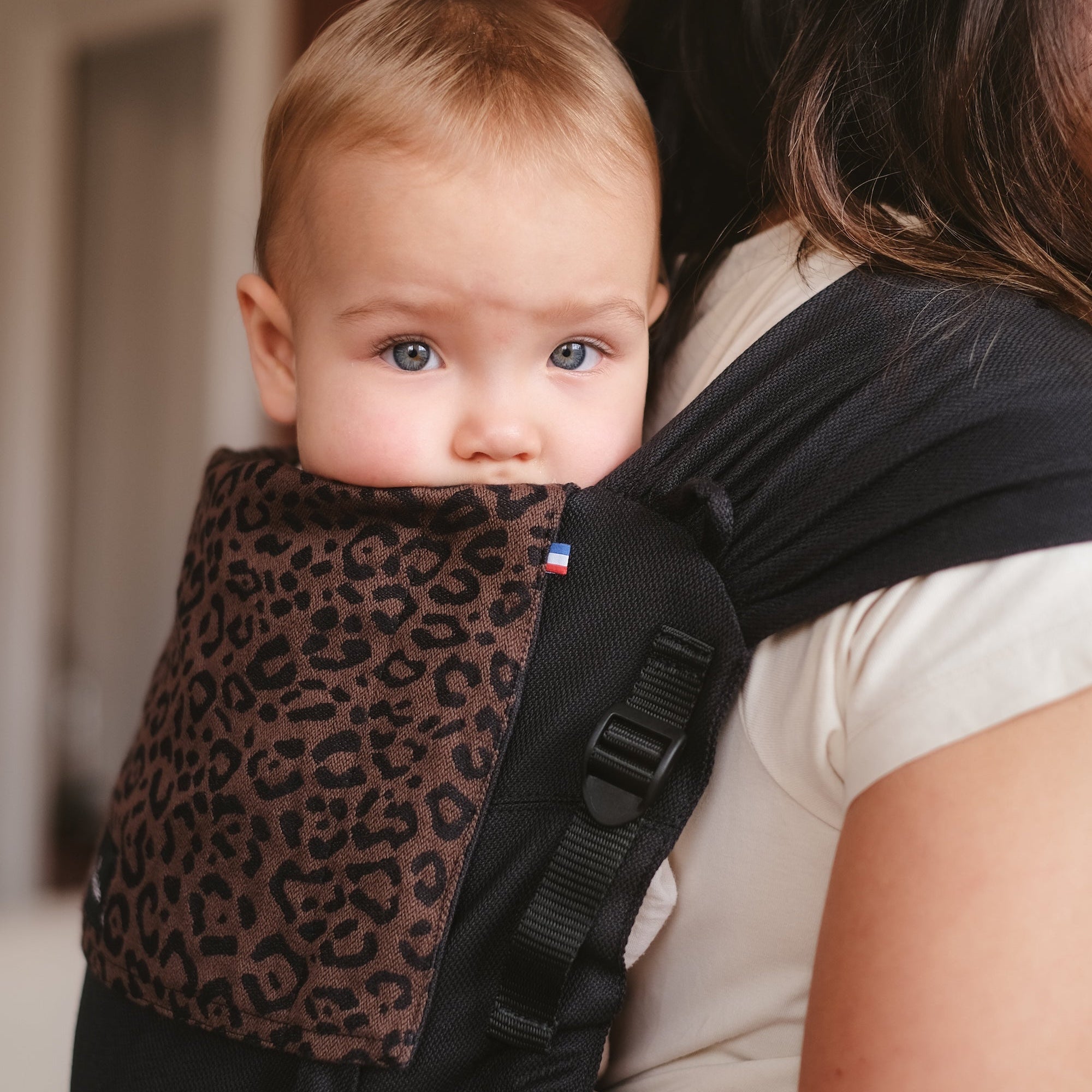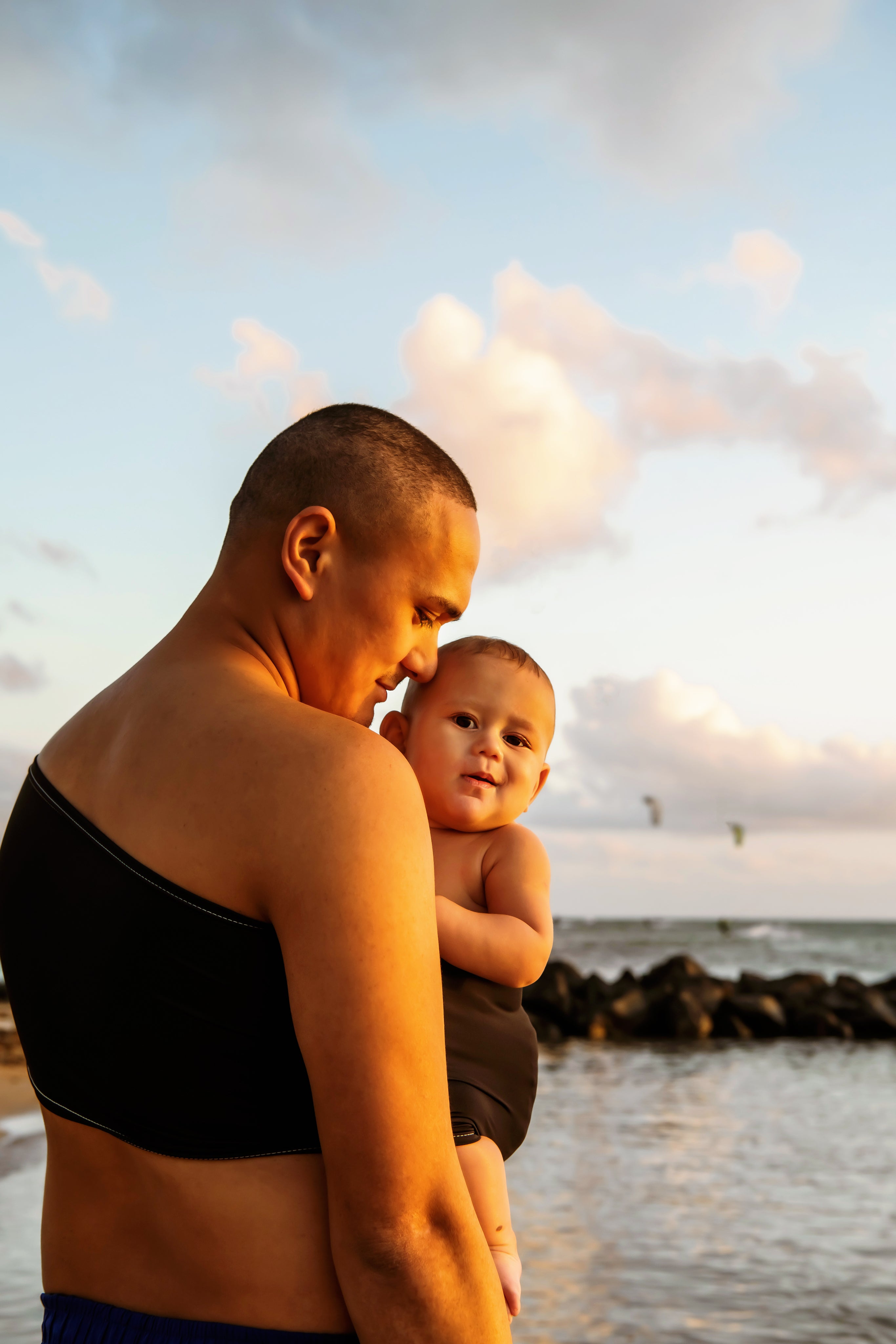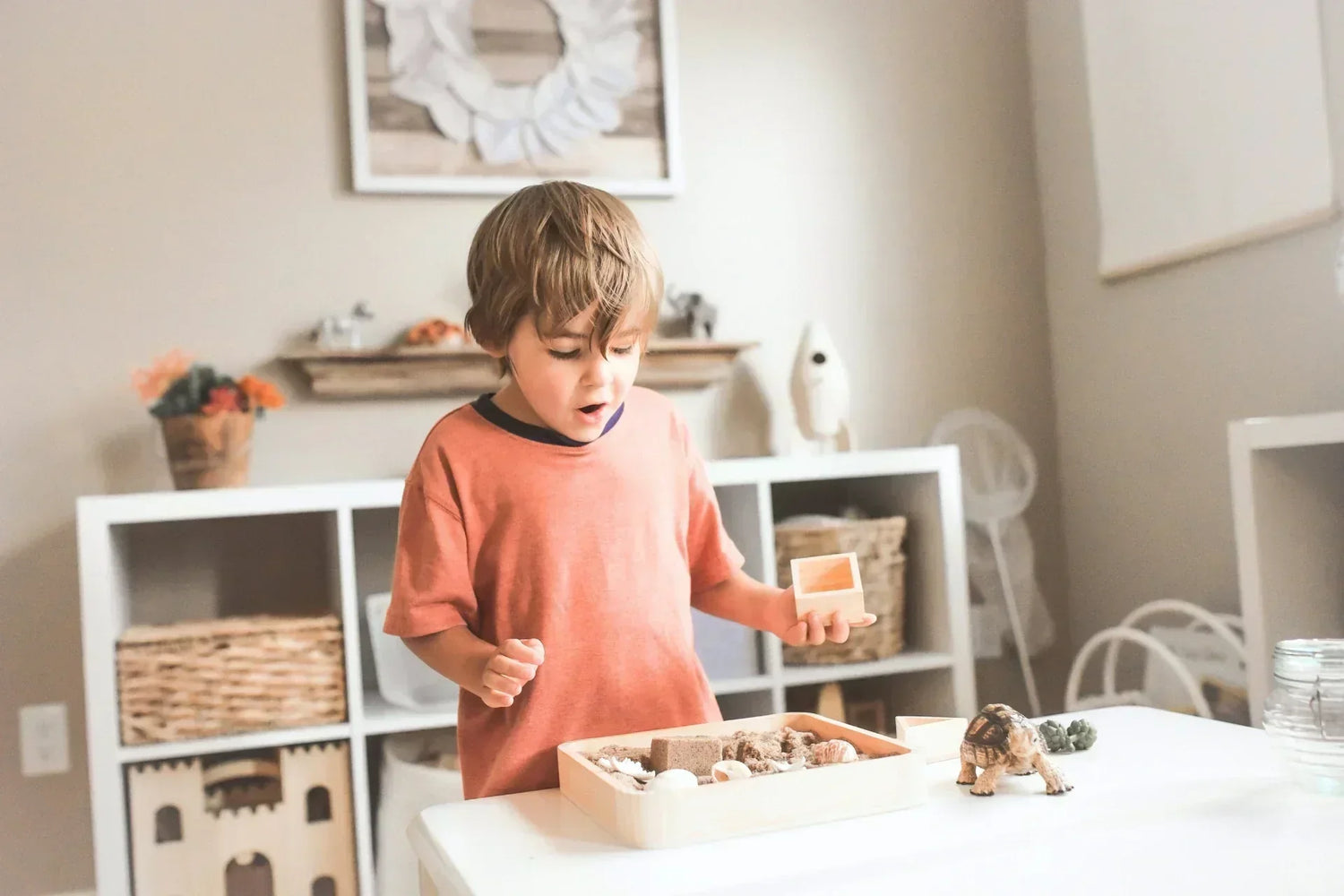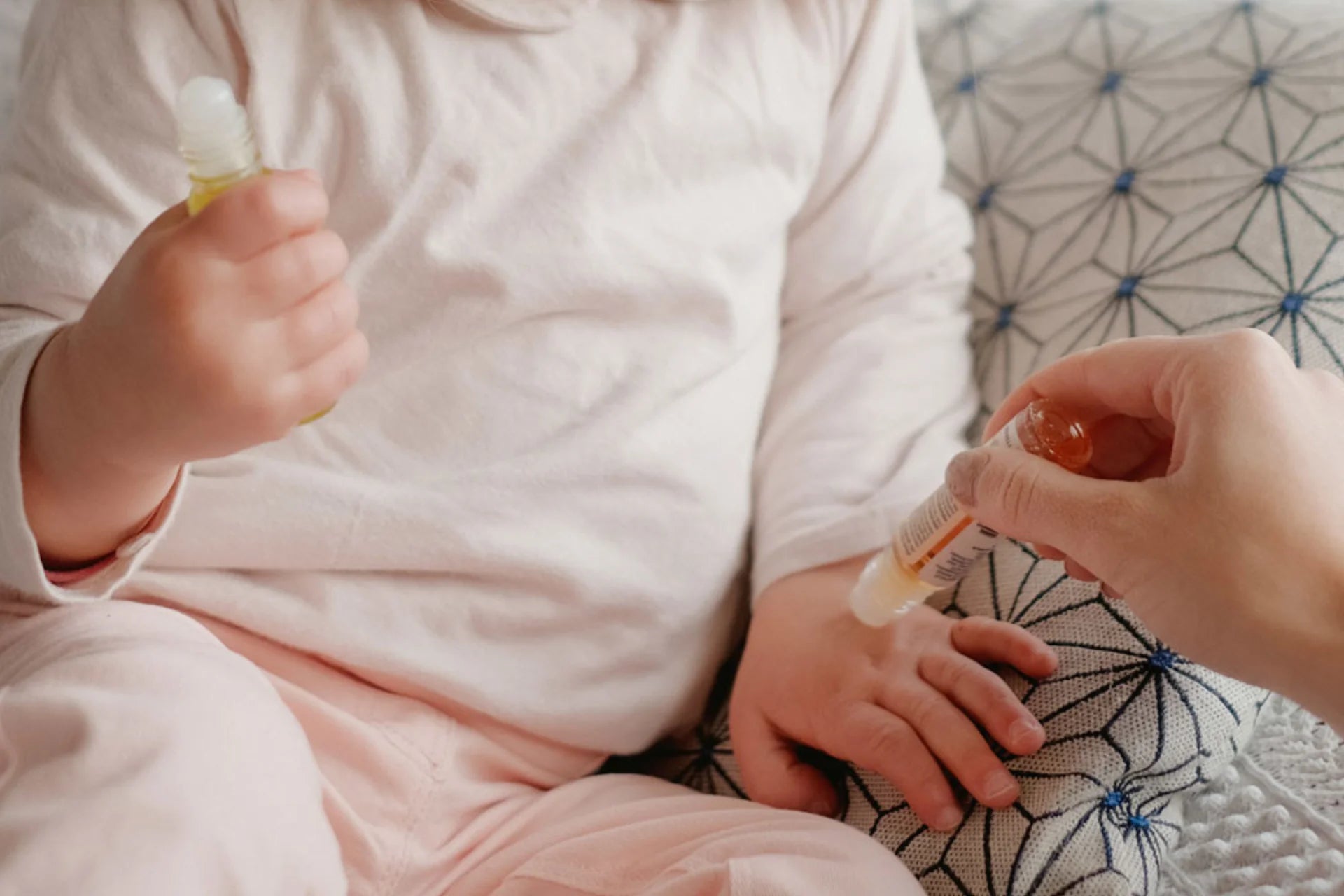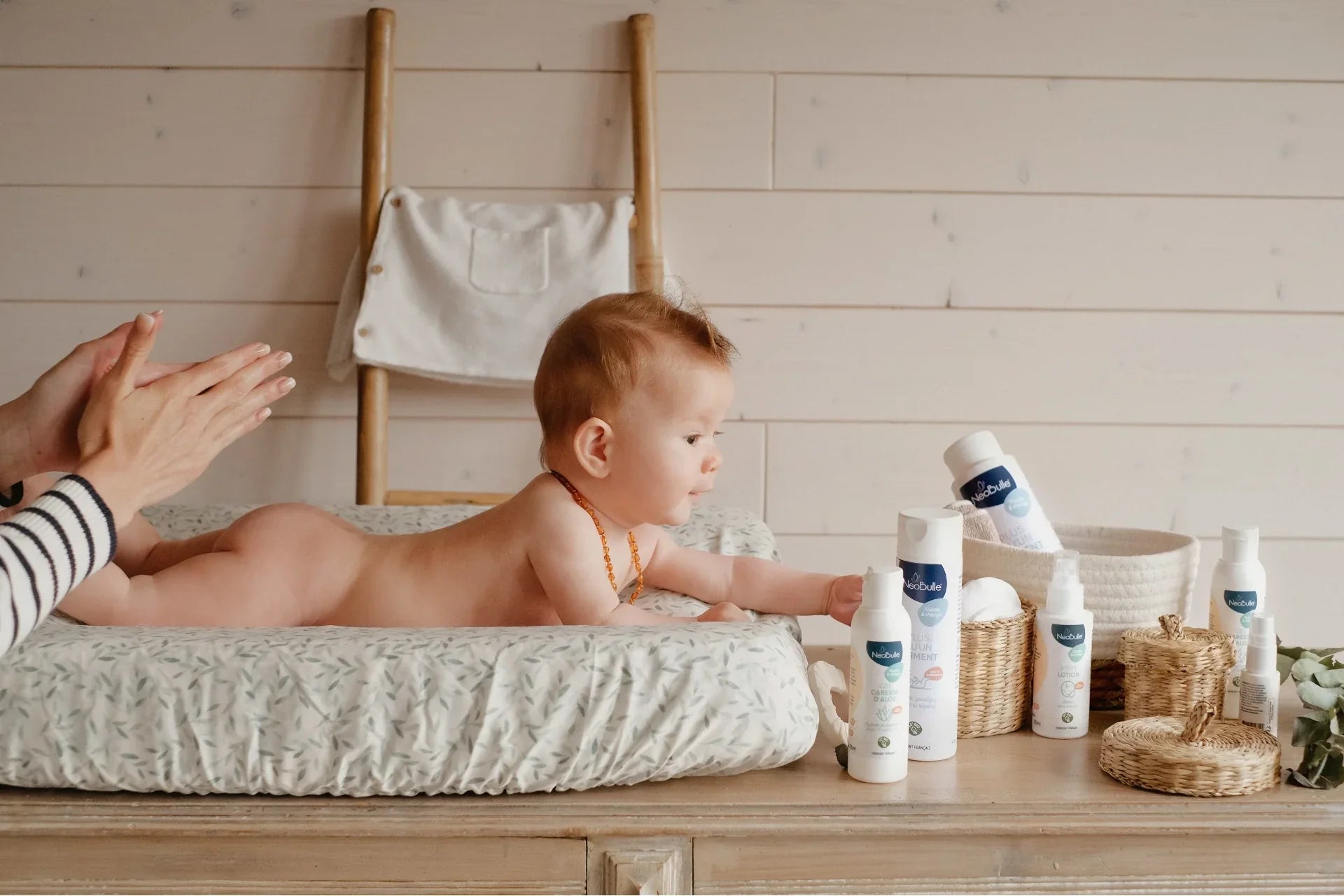The first day of school is a unique moment in a child's life… and in that of their parents! Between the excitement, anticipation, and sometimes a bit of worry, this step marks a big move towards independence.
Why is the first day of school an important step?
Starting school means discovering a new environment: a teacher (or a male teacher), an ATSEM, many classmates, a classroom with limited space, rules…
Some children have previously been cared for by their parents, especially if they have taken a career break, for example with parental leave. Others have experienced a nanny or daycare. The first day of school marks a new milestone. This transition requires a period of adaptation, for both the child and the parents.
The start of kindergarten also signals the beginning of new routines: a morning routine established by the teacher, discovering the leisure center, the cafeteria, the playground…
Preparing your child for the first day of school
Talking about school beforehand
To reassure your child, talk to them about school several weeks before the first day.
Explain what will happen:
- Who will be there to welcome them (their teacher and the ATSEM)
- What they will do during the day (activities, games, nap, meals)
- When they will go home
- How key moments will unfold (arrival, recess, departure)
Children's books about kindergarten entry are an excellent way to put simple words to this new rhythm.
💡Tip: during the summer, have fun creating a simple timeline to help your child gauge time. The timeline will serve as a visual aid throughout the summer to answer the question "how many sleeps before school?"
Visiting the school before the first day of school
If possible, organize a visit to your child's kindergarten before the first day of school.
Seeing the classroom, the playground, and the toilets helps the child become familiar with the environment.
This visual discovery reduces anxiety and facilitates adaptation. D-Day. Some schools even offer a small group meeting with future classmates, which is ideal for creating a first social connection before the big day.
💡Tip: take photos of key places that you can show your child during the summer.
Preparing school supplies as a family
For the first day of school, the list of supplies is very short. However, there are a few essentials:
- A small backpack that is easy for the child to open
- Simple school supplies: tissue box, complete change of clothes, comforter if needed
- A leak-proof bottle labeled with their name
💡 Tip: let your child choose their backpack so they can make it their own. This will surely boost their enthusiasm for the start of school, having a backpack "like the big kids"!
Establishing a morning routine
During the week before kindergarten begins, start establishing a morning routine similar to that of school: waking up at a fixed time, getting dressed, breakfast, brushing teeth. This will promote a smooth transition in anticipation ofthe first day of school.
In the toddler section, 3-year-olds do not yet have the ability to understand time. Yesterday, tomorrow, next week, in an hour... these are concepts that are unfamiliar to them at this stage. Setting up time cues will be very helpful in learning these spatio-temporal references. For example:
- A very simple weekly planner, which distinguishes with two different colors the time spent at school from that spent at home,
- A morning routine chart, to reassure the child and help them grasp the departure time for school,
- A wake-up clock that distinguishes day and night, to facilitate bedtime and wake-up moments
Managing separation moments
Morning tears: a common phenomenon during the first day of school
Let's be honest: tears are common during the weeks following the first day of school. We sincerely hope you can avoid this, but... entering kindergarten comes with a flood of emotions.
Experiencing this separation, discovering this new environment, meeting classmates who were previously unknown, is a huge hurdle to overcome. Especially since group dynamics also play a role. Even if your child is enthusiastic, on the eve of their first day, if surrounded by other children crying, they will probably have difficulty holding back their tears. This does not mean they dislike school, nor does it reflect poorly on your preparation, so don’t worry. Often, children calm down quickly after the parent leaves.
Rest assured: teachers and ATSEM staff are accustomed to guiding children through this adaptation phase.
Say goodbye without lingering
The metaphor of the bandage illustrates this delicate morning separation time quite well. Sometimes, saying goodbye without lingering makes the transition easier.
Be attentive to your child's emotions and feelings, of course. But do not hesitate to create a short and recognizable ritual that you and your child can adopt to feel secure:
- Take them to the door or to the classroom
- Free activities are often set up by the teacher; invite your child to choose the one they like the most,
- A small comforting cuddle
- A reassuring phrase ("I love you, have a great day, I will come back after the nap")
For some children, seeing their parents stay too long indeed makes separation more difficult.
Supporting your child's emotions
The first day back at school (and the following ones) is very often filled with emotion. It’s the end of one chapter, the beginning of another. A new environment, new people to talk to. Just as a lighthouse guides ships lost in a storm, do not hesitate to support your child in verbalizing their emotions. Here are several resources that can be helpful to ease separation anxiety:
- Drawing a heart on your child's hand: a well-known trick among young parents, tell your child that this heart is filled with kisses, and if they feel the need, they can look at it. It’s proof that you are thinking of them all day long, and that you love them with all your heart.
- The practice of carrying: some parents fear "carrying" their child too much, risking creating bad habits and making separation more difficult. But quite the opposite: carrying helps create a secure attachment bond. A child with a secure attachment bond thus feels confident to explore the world around them. Their instinct tells them that in times of distress, a parent will always be there to soothe them.
- The practice of massage: massages offer many benefits for babies, just like adults. Oxytocin secretion, relaxation, strengthening of the attachment bond... Do not hesitate to include it in your evening routine, for example using the organic P'tits Câlins oil, which soothes, nourishes, and hydrates the skin.
- Essential oils: they have many virtues. To soothe children from 3 years old, the D-Stress organic oil, made in France, can become your best ally before going to school!









The issue of continence: don't panic!
Many parents fear that their child may not be fully toilet-trained before the first day of school. It is a legitimate concern. But, in reality: every child develops at their own pace, and it is common for the acquisition of continence to continue at the beginning of preschool.
Teachers and ATSEM (early childhood staff) are there to:
- Help children in case of accidents
- Offer (very) regular bathroom breaks
- Encourage and praise
The group effect also promotes this learning! Trust your child. Once again, some children's books gently address this topic.
💡 Slip into the backpack a complete change of clothes and a small pouch for wet clothes. There are training pants padded for a smooth transition.
The 3 mistakes to avoid for a peaceful first day of school!
During the first day of school, the desire to do well is natural... but some habits can, without realizing it, increase the child's stress. Remembering that this step is primarily a period of adaptation, it is easier to adopt good habits beforehand :
- There's no need to pressure yourself about continence: promise, daytime continence will come with time, let go of the subject.
- Focus your questions in the evening: some parents would like to turn into little mice to observe what their child does during the day. Don't expect a detailed report from the teacher. Keep in mind that your child cannot remember everything and is tired after a day at school. For example, simply ask: "What did you enjoy the most today?".
- Avoid changing the entire family routine at the same time : maintaining certain familiar references to avoid further disrupting their favorite days will promote a smooth transition.
FAQ – First day of school, the most frequently asked questions by parents
My child cries every morning, what should I do?
Morning tears are common. Don't feel guilty. Reassure them that you will come back to pick them up and adopt a consistent separation ritual. Most children calm down quickly after the parent leaves. If the tears persist for several weeks after the start of school, do not hesitate to schedule a meeting with the teacher to discuss possible measures to facilitate separation.
Should my child be able to dress themselves?
Not necessarily! The teacher and the teaching assistant help children put on or take off their coats. The important thing is that they participate according to their abilities. It is through practice that they will develop fine motor skills and learn to dress independently. Choose clothes that are easy to handle and comfortable (Velcro sneakers, pull-over sweaters, etc.).
My child is not toilet-trained, can I put a diaper on them at school?
No, it is not allowed to send your child to school in a diaper. This applies to both traditional Velcro models and panty-style models. However, you can opt for training pants. They have a padded section that prevents your child from getting soaked in case of an accident.
In conclusion
The first day of school is a mixture of emotions for the whole family.
It is possible to prepare your child beforehand (emotionally and materially), establish a reassuring morning routine, and communicate kindly to help them face this step with confidence.
Whether it’s choosing the backpack, comforting during tears, or preparing for separation, every detail counts to facilitate the transition. There will surely be a gap between what you envisioned for that first day of school and... the reality at the moment. It is impossible to foresee everything in advance. But remember: you are doing your best, with the resources available to you.
